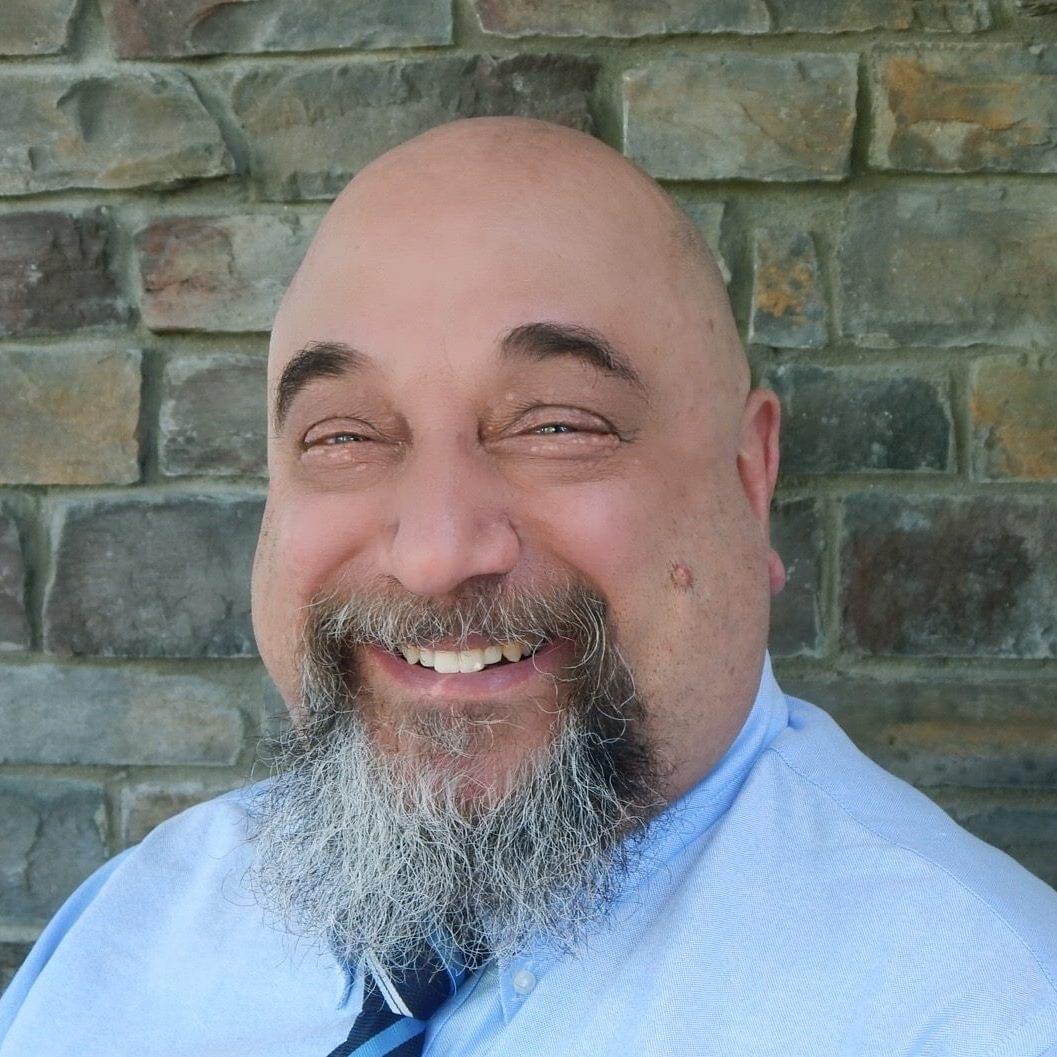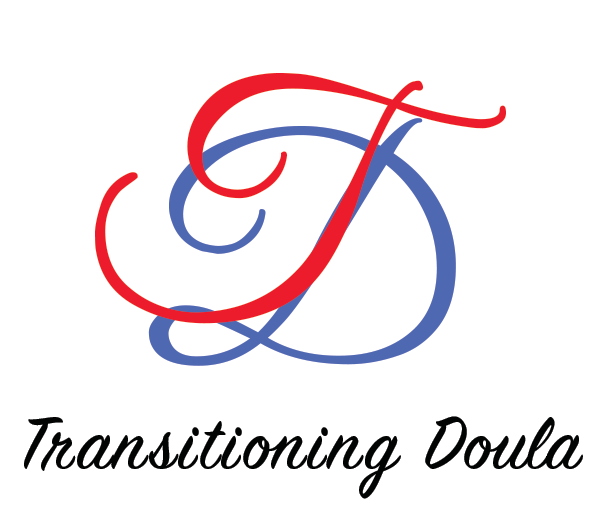Finding Meaning at the End of Life

(Gary Wederspahn, co-editor of the Good Death Society Blog, recently interviewed Robert A. Neimeyer, PhD. Dr. Neimeyer is Professor Emeritus of the Department of Psychology, University of Memphis. He also directs the Portland Institute for Loss and Transition and has published 35 books, including New Techniques of Grief Therapy: Bereavement and Beyond and The Handbook of Grief Therapies, and is editor of the journal Death Studies. The author of over 600 articles and book chapters, his focus is on grieving as a meaning-making process. Neimeyer served as president of the Association for Death Education and Counseling (ADEC) and chair of the International Work Group for Death, Dying, & Bereavement.)
=====================================
Your work on meaning at the end of life reminds me of Viktor Frankl’s quote: “Challenging the meaning of life is the truest expression of the state of being human.” Is your seminar on “A Quest for Meaning in Terminal Illness” informed by his school of psychotherapy?
Yes, certainly. Frankl’s own experience in Nazi concentration camps powerfully confronted him with countless violations of the assumptive world he had previously known, with its relative predictability, security, control, and at least some sense of justice and a hoped-for future. His life as a physician in a pre-war context just “made sense” implicitly, in the day-to-day way that most of our lives do, most of the time. But there are times – like the rise of Nazi authoritarianism and ethnic hatred, the outbreak of WWII, or the diagnosis of life-threatening illness in ourselves or in someone we love – that shatter the mundane stories of our lives, challenging our personal, social, and sometimes existential realities. It is at those times that we struggle to reaffirm or reconstruct a world of meaning as we are flooded by the anxiety, despair, or grief that such events bring to our families and ourselves. Our work as professionals accompanying people at the end of life is to help them navigate these unwelcome challenges in a way that conserves and restores their humanity.
I see the parallels. But what are the issues and challenges of making sense of the end of life specifically?
Well, in a sense, the wording of your question suggests its own answer: It’s the challenge of making sense of a life that is ending. For practical existentialists like Frankl and myself, the task is really a multifaceted one. How do we come to terms with the significance of the life we have lived, in all of its possible imperfection and incompleteness? How do we understand the role of suffering in human life, including our own? What lessons of enduring value did our life carry, for ourselves or relevant others? What could we do now to affirm sources of meaning in our being and doing, as life grows short? How might we reaffirm continuing bonds between the dying and the living, bonds that endure beyond the life of the patient? And what implications do these questions have for our identities as individuals and families as we seek resilience in this quest? These are big questions that are lived rather than asked, and they are the sorts of fundamental concerns that we try to help people address in the context of meaning-focused support at the end of life and in grief therapy.
These are heavy issues for a dying person to confront. What tips and recommendations can you offer in how best to accompany them?
Good question, and one whose answers will vary depending on the questions and concerns arising in each specific case. But in general, it is important to recognize that accompanying a patient and family begins with who we are and then extends to what we do. That is, it is primarily about how we show up, ideally in non-anxious presence, bringing a respectful, compassionate stance to their circumstance that is uncluttered with treatment plans or specific objectives. From this centered, mindful, emotionally regulated and responsive stance, we are able to read the patient or family member’s signals – verbal, nonverbal and co-verbal – about what they need in a given moment. Perhaps it is simply to be heard and symbolically “held” in a troubling time. Perhaps it is to acknowledge a feared reality, to express a concern about another family member, to take in the implications of a recent diagnosis or prognosis, or to wrestle with a looming decision about treatment. Joining the client in finding words in the emotional press of such moments in a way that validates their concerns, honestly seeks a way forward and grants them a measure of dignity and humanity that is fundamental, whatever specific interventions or strategies we might then offer.
Just one more question: After all your research and work on this topic, how do you make sense of your own mortality?
I see you’ve saved the biggest question for last! I suppose that the truest answer is: One day at a time, leaning hopefully into an uncertain future. Mostly I do that in practical terms, asking myself: What is important to do today? What do those who matter most to me require of me at this time? What current relationships deserve nurturance? What shared or personal plans of significance have action steps that can be taken now? If I can pause and let the pool of my consciousness grow still and clear rather than agitated and turbid, what becomes clearer at depth? Acting with creative engagement and appreciative reflection on what emerges embraces meaning in the moment, and the sum of such moments, for me, constitutes my meaning in life. As with most fraught and limited human beings, living this stance in the midst of life losses and challenges is something I do inconsistently, and, in this sense. is always a work in progress.
Marc D Malamud
Transitioning Doula

{UNSUB}

